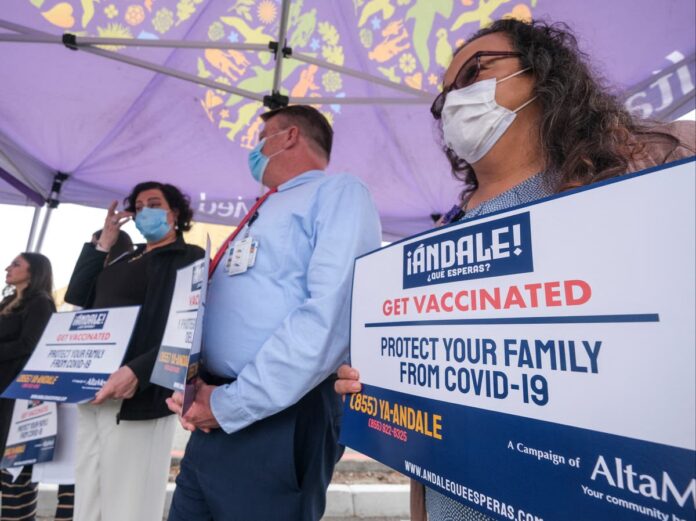Two new subvariants of Omicron have surpassed BA.5 as the top variants of the coronavirus across the US. BA.5 became the most widespread variant in July and made up the majority of new infections until the new subvariants overtook BA.5 last week. Figures from the Centers for Disease Control and Prevention (CDC) released on Friday revealed that the new variants BQ.1.1 and BQ.1 are now the most widespread versions of the virus. Combined, they account for 44 per cent of new infections, with BA.5 making up 30 per cent. The director of the Center for Virology and Vaccine Research at Beth Israel Deaconess Medical Center in Boston, Dr Dan Barouch, told NBC News that ‘BA.5 is essentially declining quickly, probably soon to be gone’. The new variants are also on the rise in Europe, where they accounted for 18 per cent of new infections in the European Union between 17 and 30 October. The European CDC has said that they believe that figure will rise above 50 per cent during this month or in December. Both of the new subvariants are considered to be within the BA.5 category, but early data indicates that they’ve improved their ability to evade vaccine immunity or immunity from a previous infection. This could lead to more cases over the winter months. The co-director of the Viruses and Emerging Pathogens Program at Ohio State University, Dr Shan-Lu Liu, has conducted research showing that both of the new variants appear to have a mutation that boosts their ability to get into our cells. ‘There is a clear trend that these two new subvariants are taking off, which is a concern,’ he told NBC News. He said that the number of infections that BQ.1.1 and BQ.1 account for in the US has doubled every week since early last month. Dr Barouch said that BQ.1.1 especially has another mutation that’s slightly more apt to avoid antibodies compared to BQ.1, adding that he believes that BQ.1.1 will come out ahead and be the cause of ‘a large amount of infections’ during the colder months. ‘BQ.1.1 appears to be the most antibody-evasive variant that we’ve seen to date,’ he told NBC News. According to early research by Dr Barouch, Covid vaccines offer less protection against BQ.1.1. Johns Hopkins University virologist Andrew Pekosz told the outlet that BQ subvariants are similar to BA.5, meaning that vaccines, tests, and treatments should still generally work against them. ‘In the US right now, virtually all the variants circulating are related to BA.5, and therefore if you get the bivalent vaccine, you’ll increase your immunity to it to some extent,’ he said. Scientists don’t believe that the new variants will lead to more severe disease. ‘It’s encouraging that we’re not seeing really large boosts in hospitalization because that’s implying that the immunity that we have is still protecting us from severe disease,’ Dr Pekosz said. ‘There’s nothing in the signature of the clinical cases that are being reported that suggests that anything is changing in terms of symptoms with these omicron subvariants. What we may be seeing here is that there’s probably a lot more infections than we’re counting, and therefore the virus has had a lot more opportunities to mutate.’ Dr Liu cautioned: ‘Last year around Thanksgiving, omicron came out from nowhere. This is a virus. Anything can happen.’


